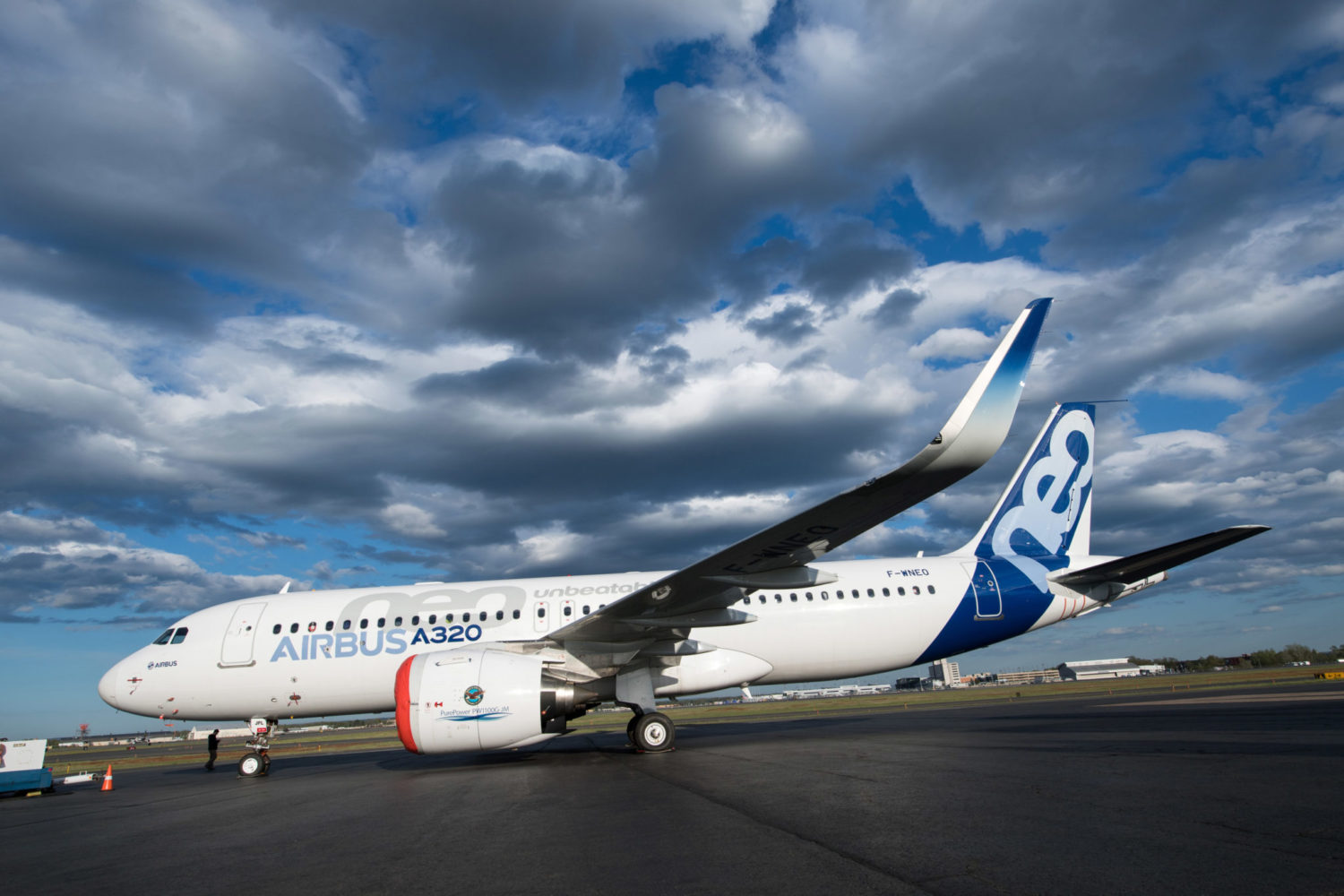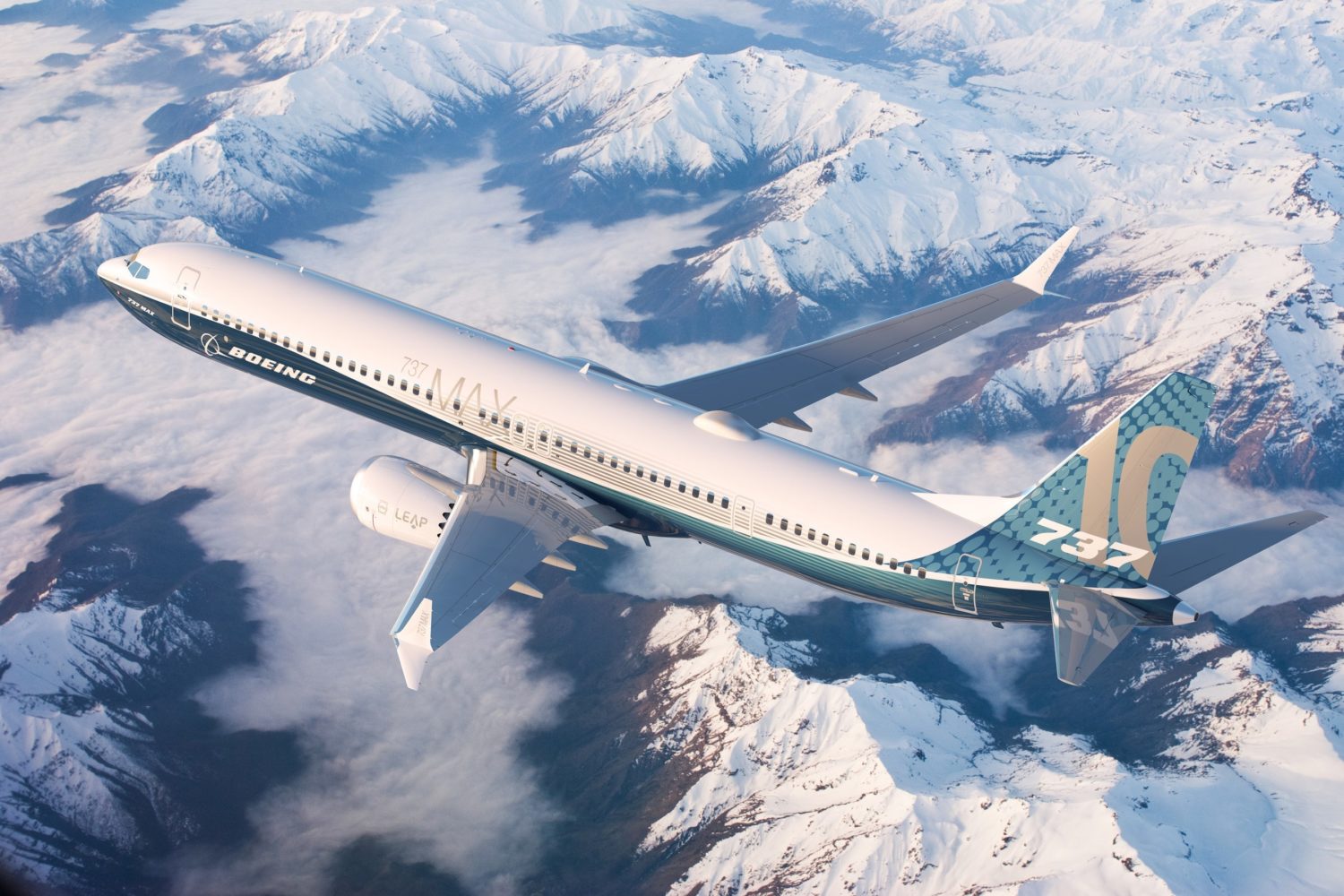Boeing and Airbus continue to face delivery delays
Ongoing supplier delays have caused further complications with the manufacture and delivery of the Boeing 737 MAX family and Airbus A320neo family.
Boeing is currently scrambling around to find space for the growing number of unfinished 737s in Seattle.
Recently, the company acquired a taxiway in the airport to temporarily park the aircraft but has since needed more space. Spaces in between buildings are being utilized and floater engines are being used to send aircraft to different airports. One employee parking lot is also said to be used for parking aircraft.
Statements released by the company to local councils say that Boeing has encountered an emergency production challenge that threatens their ability to keep their aircraft production lines in action.
Boeing produces more than 50 737s a month and hopes to increase this rate over coming years, but July saw only 29 of the type delivered. Further decreases of deliveries are expected but an end-of-year ramp up is in the planning.
So what is causing the delays?
Engine deliveries from CFM International, specifically parts from Safran and GE, have been a major contributor to the unfinished aircraft. Production blogs show many frames parked without engines, instead with concrete blocks hanging from the pylons.
Spirit Aerosystems, the fuselage supplier, is also behind schedule for deliveries.
CFM and Spirit are both accusing their own smaller parts suppliers of causing the total production nightmare.
Meanwhile at Airbus, the A320neo is facing similar issues related to engines.
Although the family has the option between the Pratt and Whitney PW1100G Geared Turbofan engine and the CFM LEAP engine, the company is experiencing the same delays from CFM as it’s the same engine on the 737 MAX and Pratt and Whitney as they are still resolving and catching up on earlier engine faults.

Ever since the total parked aircraft reached just over 100 a few months ago, Airbus has been pushing to get aircraft off the ground and too their customer.
Numbers of parked jets have since reduced as Pratt and Whitney resolves their engine issues. Although the numbers are decreasing, Airbus still expects a large hit from the delays and is pushing to get suppliers to meet demand.
Airlines have raised concern to both Airbus and Boeing but are confident the two manufacturers will get their planes delivered with only a minor delay compared to planned acquisition times.


